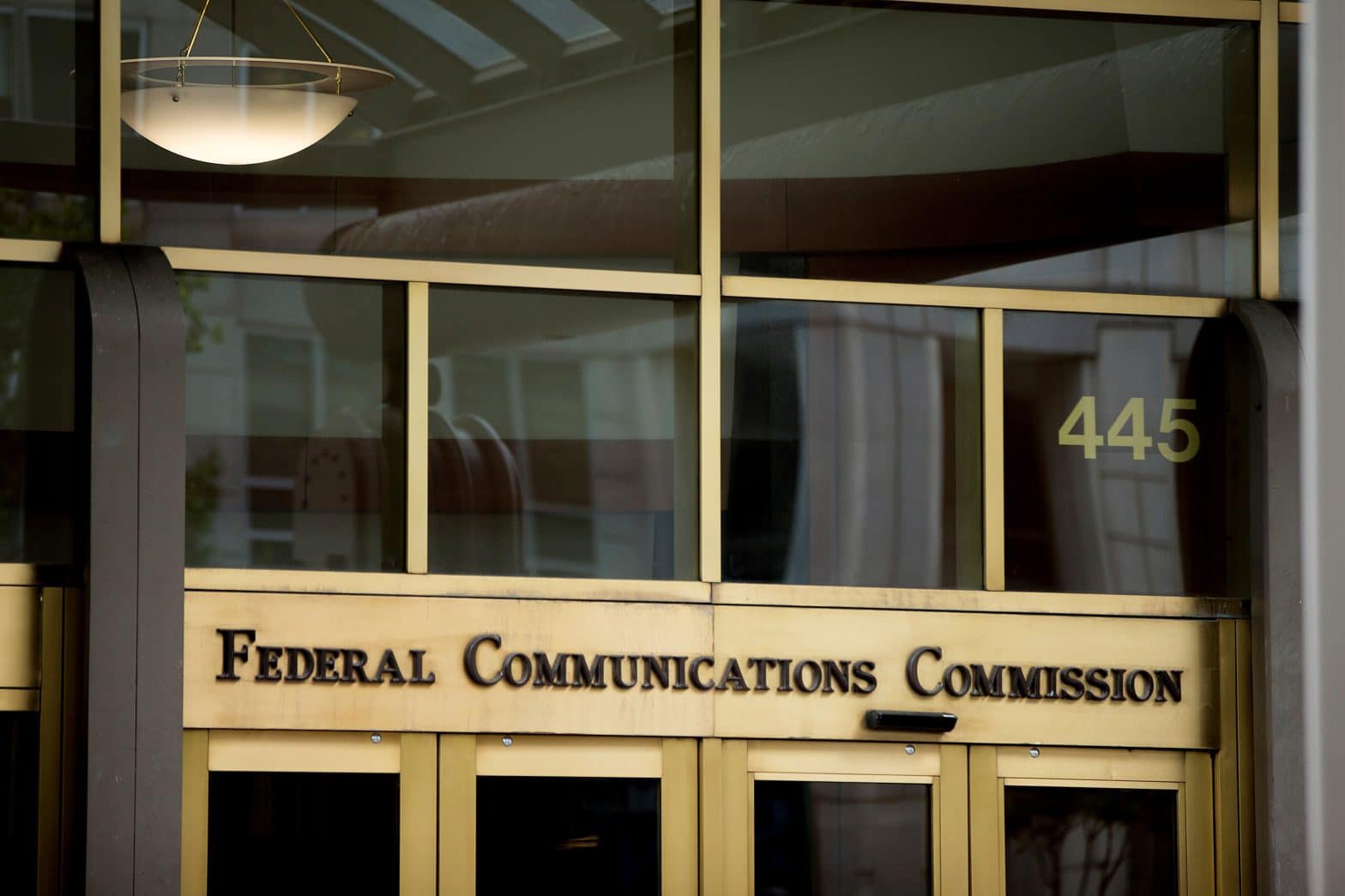FCC Commissioners Debate Upcoming 5G Digital Divide

WASHINGTON – Federal Communications Commissioners spoke about the nation’s race to 5G at a New America Open Technology Institute discussion held virtually on Tuesday afternoon. Panelists offered thoughts on heading off a 5G digital divide with affordable connectivity for all.
“5G wireless networks are coming,” said New America’s Michael Calabrese, adding that the FCC has auctioned megahertz of high- and mid-band licensed spectrum to make it happen.
“Building out 5G will be costly, will take time, and likely will happen first in urban areas.
“Over the past few years, the race to 5G has focused primarily on auctioning off licensed spectrum, but making 5G wireless connectivity available and affordable to all Americans will depend on opening large new bands of unlicensed spectrum capable of supporting the next generation of gigabit fast Wi-Fi, or Wi-Fi 6.”
“We need to move fast,” said FCC Commissioner Michael O’Rielly, who admitted that the race to 5G has been focused on mobile carrier networks. “We’re still going to need licensed spectrum, but [we also] need a full portfolio of unlicensed spectrum. They complement each other.”
Unlicensed spectrum refers to small sections of the radio spectrum in which anyone is allowed to transmit, including low-power transmitters and Wi-Fi. Some examples are cordless phones, baby monitors, garage door openers, wireless home security systems, and keyless automobile entry systems.
Today, Wi-Fi is so prevalent and necessary for essential innovation that current Wi-Fi bands are experiencing congestion and would be insufficient to power 5G capable apps and services. It has been 20 years since new mid-band spectrum has been made available despite exponential growth in traffic, and the FCC realizes that more spectrum is needed.
Wi-Fi 6, the latest designation and tech transition, could assist in making sure capacity exists to serve all segments of society. In fact, Pricilla Argires, public policy manager for connectivity at Facebook calls Wi-Fi 6 “key to economic growth and development,” as estimates suggest Wi-Fi’s value in the United States will reach $993 million as early as 2023.
“As a nation, we’re heading online like never before,” said FCC Commissioner Jessica Rosenworcel. “Millions are told to go online for class — like this experiment in online learning we’re experiencing right now — and we’re going to see the growth of the ‘intelligent edge.’
“A new infrastructure with Wi-Fi 6 makes sure no child is left offline and creates a new way of thinking about machine learning.”
The FCC was anticipated to vote next month on measures to share underutilized spectrum. One proposal to offset the connectivity crunch was to allow Wi-Fi 6 to share spectrum across the entire 6 GHz band. The creation of a 6 GHz band would mean seven new 150 MHz channels.
“Seventy percent of 5G traffic is expected at some point to be offloaded to Wi-Fi networks,” said Rosenworcel. “We’re going to have super fast licensed networks — think of it like being on a highway — and then getting off onto a gravel road.
“Wi-Fi’s full potential may only be realized with access to more unlicensed spectrum. Six GHz spectrum is a perfect fit.”
Wi-Fi 6 is not only a complement to home broadband, but is also a critical complement to 5G, working hand-in-hand for uses like HD video, Wi-Fi calling, smart home devices, hotspot access, automation of citywide services, and health monitoring devices.
But 5G wireless services are undoubtedly going to deploy unevenly. Mobile carrier 5G may be limited initially to dense urban and high-traffic areas that justify high build-out costs.
“It’s a fact of nature that private sector actors will choose to deploy first in areas that are most profitable,” said Commissioner Rosenworcel. “Policymakers can take action to alleviate this, though. More unlicensed [bandwidth] democratizes access, is good for innovation, and is good for the economy as a whole.”























